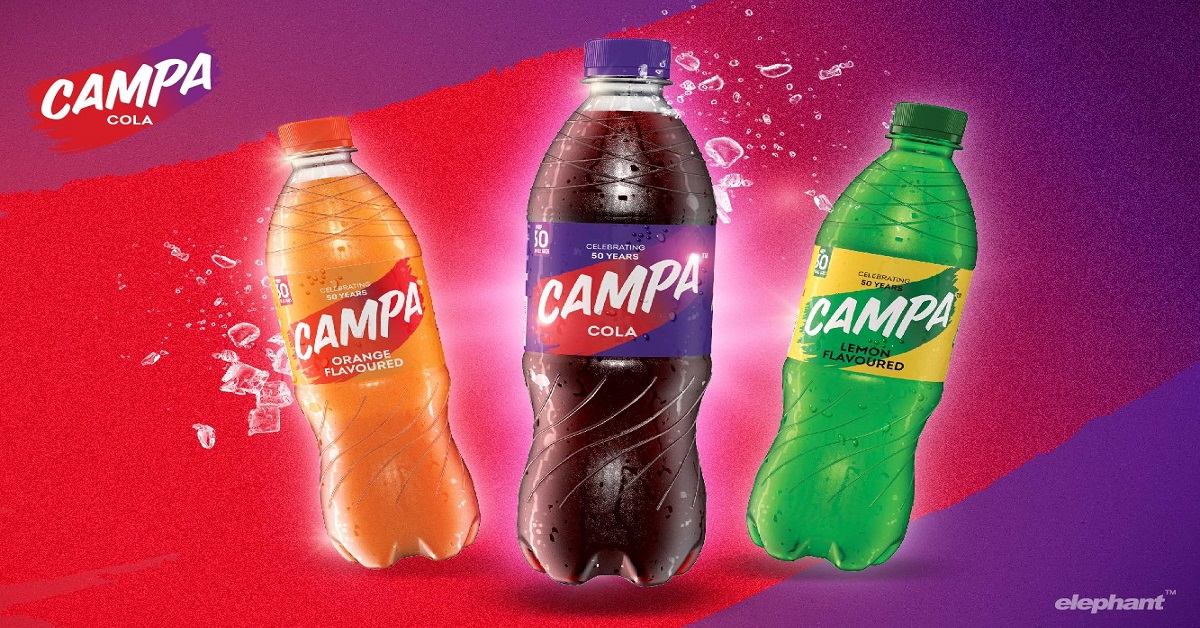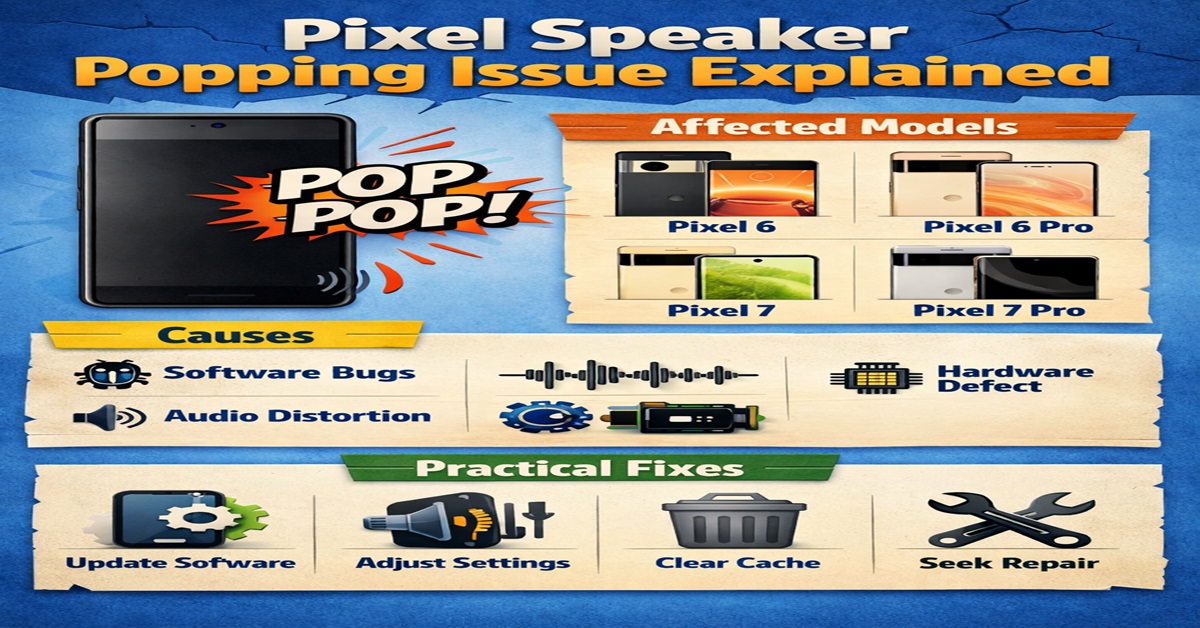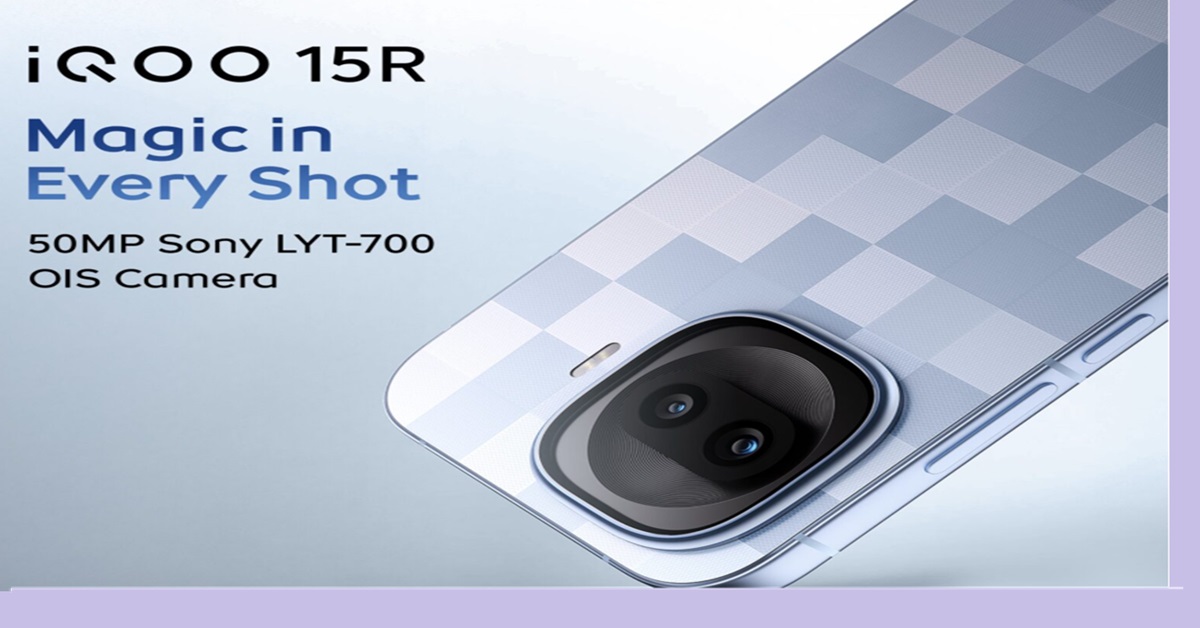In a bold move reminiscent of his disruption in the telecom sector, Mukesh Ambani, through Reliance Industries, has reintroduced Campa Cola to the Indian market. This strategic revival aims to challenge the long-standing dominance of global giants Coca-Cola and PepsiCo by leveraging aggressive pricing and extensive distribution networks.
Reviving a Nostalgic Brand
Campa Cola, once a household name in India during the 1970s and 1980s, saw its popularity wane with the re-entry of foreign competitors in the 1990s. Recognizing the brand’s nostalgic value, Reliance Retail acquired Campa Cola in 2022 for ₹220 million (approximately $2.6 million). The relaunch includes flavors like cola, orange, and lemon, priced competitively at ₹10 for a 250 ml bottle—significantly lower than the ₹20 price point of similar offerings from Coca-Cola and PepsiCo .
Strategic Market Penetration
Reliance’s approach mirrors its earlier strategy with Jio, focusing on affordability to rapidly capture market share. By utilizing its vast retail network, including Reliance Fresh and JioMart, the company ensures widespread availability of Campa Cola across urban and rural markets. This aggressive pricing and distribution strategy has already led to double-digit market share gains in key regions within two years of the relaunch .
Impact on Established Players
The resurgence of Campa Cola has prompted Coca-Cola and PepsiCo to reassess their strategies in India. While they have introduced new product variants and increased promotional activities, they have been cautious about reducing prices to match Campa Cola’s aggressive pricing. This hesitation could potentially lead to a loss of market share, especially among price-sensitive consumers .
Challenges and Considerations
While the initial response to Campa Cola’s return has been positive, sustaining growth in the competitive beverage market poses challenges. Consumer preferences are shifting towards healthier options, and the brand must adapt to these trends to maintain relevance. Additionally, ensuring consistent product quality and supply chain efficiency will be crucial as the company scales up operations.
Conclusion
Mukesh Ambani’s reintroduction of Campa Cola signifies a strategic endeavor to disrupt the Indian soft drink market by offering a nostalgic yet affordable alternative to established global brands. By capitalizing on brand heritage, competitive pricing, and expansive distribution, Reliance aims to redefine consumer choices in the beverage sector. The success of this venture will depend on the company’s ability to navigate market challenges and evolving consumer preferences.








